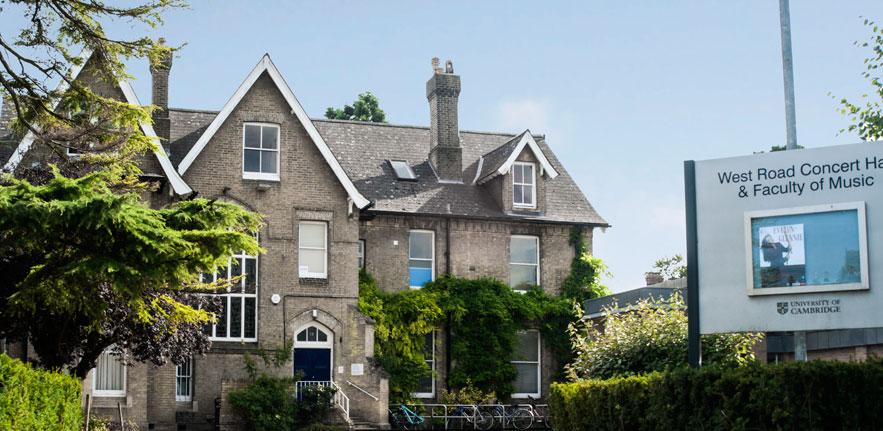The Study Day ‘Intersections: Interdisciplinary Approached to Opera’ will be taking place at the University of Cambridge on 27 June 2023. It can be followed both in person and virtually. For full details, including programme, abstracts, and bios, click here.

